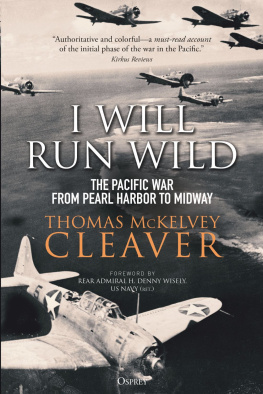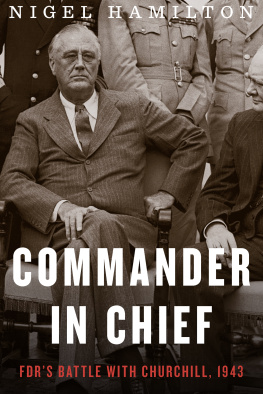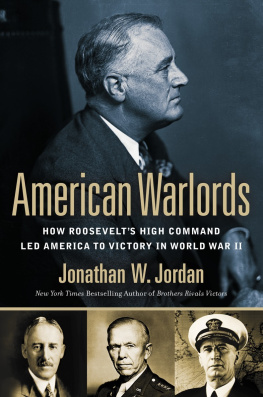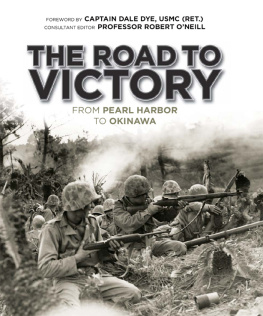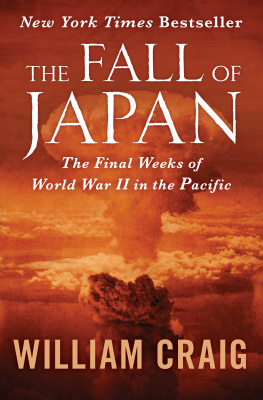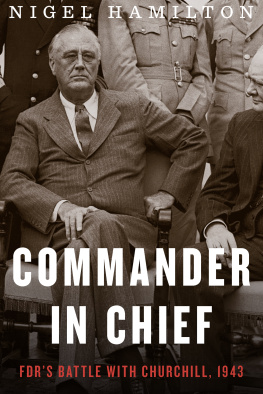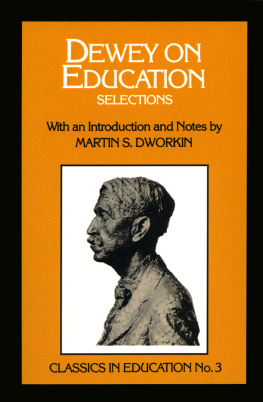FINAL VICTORY
Copyright 2012 by Stanley Weintraub
All rights reserved. No part of this publication may be reproduced, stored in a retrieval system, or transmitted, in any form or by any means, electronic, mechanical, photocopying, recording, or otherwise, without the prior written permission of the publisher.
Designed by Linda Mark
Set in 11.5 point Plantin Light by the Perseus Books Group
Published by Da Capo Press
A Member of the Perseus Books Group
www.dacapopress.com
Library of Congress Cataloging-in-Publication Data
Weintraub, Stanley, 1929
Final victory : FDRs extraordinary World War II presidential campaign/Stanley Weintraub.
p. cm.
Includes bibliographical references and index.
ISBN 978-0-306-82112-7 (e-book) 1. PresidentsUnited StatesElection1944. 2. Roosevelt, Franklin D. (Franklin Delano), 18821945. 3. Dewey, Thomas E. (Thomas Edmund), 19021971. 4. United StatesPolitics and government19331945. I. Title.
E812.W38 2012
973.917092dc23
2011047065
Da Capo Press books are available at special discounts for bulk purchases in the U.S. by corporations, institutions, and other organizations. For more information, please contact the Special Markets Department at the Perseus Books Group, 2300 Chestnut Street, Suite 200, Philadelphia, PA 19103, or call (800) 810-4145, ext. 5000, or e-mail special..
10 9 8 7 6 5 4 3 2 1
For Bob Benson,
who sailed on a troopship with me to the next warKorea.
Contents
Daisy Stanley, on the telephone, ca. 1941:
Mrs. Roosevelt, Mr. Stanley didnt vote for your husband,
but I did, and Id like to vote for him again!
The Man Who Came to Dinner,
film adaptation, 1942, from the play by
George S. Kaufman & Moss Hart
Lady at her desk turning toward
her husband, who is reading a newspaper:
What shall I do with your Roosevelt button?
Do you want me to put it away again?
Alan Dunn
cartoon in the New Yorker,
November 18, 1944
_______________________________________
P resident Roosevelts rare wartime trips overseas were supposedly secret until he was actually seen. Troops in North Africa were astonished to encounter him early in 1943, when he waved his fedora from an open car near Casablanca, where he was to confer with Winston Churchill. Oh my God, FDR recalled a GI blurting out in surprise. Just for one more term, son, said the President.
Even earlier, talk had revived about Roosevelts running yet again, and it was not limited to the States. Late in 1942, when Eleanor Roosevelt was on a goodwill visit to Britain as, in effect, her husbands legs, she planned to visit the Virginia-born Lady Astor, an MP. Bernard Shaw, then eighty-six, postcarded Nancy Astor, an old friend, quipping, Bring the First Lady to tea.... When she returns home the first question they will ask her is Have you seen Shaw? If she has to say No, it will cost FranklynGBSs misspelling, as he had once created a character named Franklyn Barnabasat least half a dozen votes in the next election.
With the war certain to go on after the November 1944 electionmuch of Europe was still in Nazi hands, and the Japanese controlled a vast swath of the Pacific Rimthe President, however failing in health and long crippled by polio, had long been thinking about having to run once more to finish the job. Although enemies across both oceans had been put on the defensive, victory, in mid-1944, was on the still-distant horizon, and many Americans focused their interests on more mundane matters than the wars across the world and the imminent presidential election. The possibilities of political change were vague, but the immediate, mundane realities regardless of party affiliation were not: It was difficult to buy tires, even retreads, for aging automobiles. To conserve rationed gasoline, speed limits were reduced to a crawling and often violated 35 miles an hour. Chewing gum and chocolate bars were nearly unobtainable, having gone to war. As victory loomed, rationing of butter and beef, shoes and sheets, seemed a nagging inconvenienceto remind Americans that there was still an ongoing war. Despite the new affluence of war industry workers, and the once-crushing unemployment, with twelve million men in uniform, now near zero, burgeoning consumerism was at odds with rationing and restraint, and energized a robust black market in bacon and sugar, bedding and gasoline, coffee and razor blades, whiskey and cigarettes.
An ocean away from the war both east and west, Americans griped about makeshift purchasing and price controls and expressed their tepid patriotism by blue (or, disconsolately, gold) stars on pennants in their windows recognizing family members in uniform, or only now in memory. Of more immediate interest than the headlines about the war in local newspapers were the inside pages about what really mattered. Superman and Lil Abner were not even in military service, nor were Mutt & Jeff, Jiggs or Blondies Dagwood, and millions more readers scrutinized the comic strips and the sports pages than the speeches of political candidates and abrasive editorials in the press. Hollywood flicks like Going My Way, Canterville Ghost and Abbott and Costellos In Society sold more tickets than Marine Raiders and U-Boat Prisoner, and even I Love a Soldier. Although a few major box-office starsClark Gable and James Stewart among themwere in active and real military service, Bing Crosby, Sonny Tufts, Pat OBrien and Gary Cooper remained civilians, sometimes playing soldier. Ronald Reagan, an army captain in California, made movies.
The war and the presidential election meant less to many than the heated baseball season, in which the St. Louis Browns, perennial losers, won their first American League championship. It was an event as rare as a third term. Many teams were bereft of stars. Now a pilot and a sailor, Ted Williams and Bob Feller were in uniform. The Browns even played an undraftable one-armed outfielder, Pete Gray. Their World Series opponent from the rival National Leaguethe baseball world was limited to teams otherwise east of the Mississippiwould be the St. Louis Cardinals, creating a subway series in a city without a subway. Professional football had a truncated league of largely older players. Sunday football had been interrupted on December 7, 1941, by loudspeaker appeals, which did not mention Pearl Harbor, urging military men and government officials to exit and return to their bases and offices. In 1943 the Pittsburgh Steelers and Philadelphia Eagles combined their shorthanded teams into the Steagles; in 1944 the perennial doormat Chicago Cardinals merged for the season with the Steelers and lost all ten games.
Radio was the newest mass information source, and war news often came on the hour with dramatic immediacy. FDRs long mastery of the medium was unparalleled, but the public preferred afternoon soap operas and evening Big Band programs, and pop music that turned toaster-sized Bakelite radios into home juke boxes that offered songs less about patriotism and the war than about a soldiers nostalgia for home and the home dwellers dream for the return of the serviceman beloved. In 1944 the most popular song was probably Ill Be Seeing Youa melancholy ballad not about victory to come but about the end of absence. It was that mood which campaign politics had to penetrate. Issues and slogans and bitching about scrimping and shortages competed with collective yearning for the restoration of bland everyday life.
The partisan Republican challenge was to exploit the recognizable urge in the electorate to withdraw from what domestic sacrifices there were, blaming them not on the war but upon the alleged ineffectiveness, shortcomings and paternalism of an administration in office too long. The agony of a world in turmoil was somewhere else on some other continents, seen only in the distancing of black-and-white photographs. Henry Luces monthly for the moneyed,
Next page

